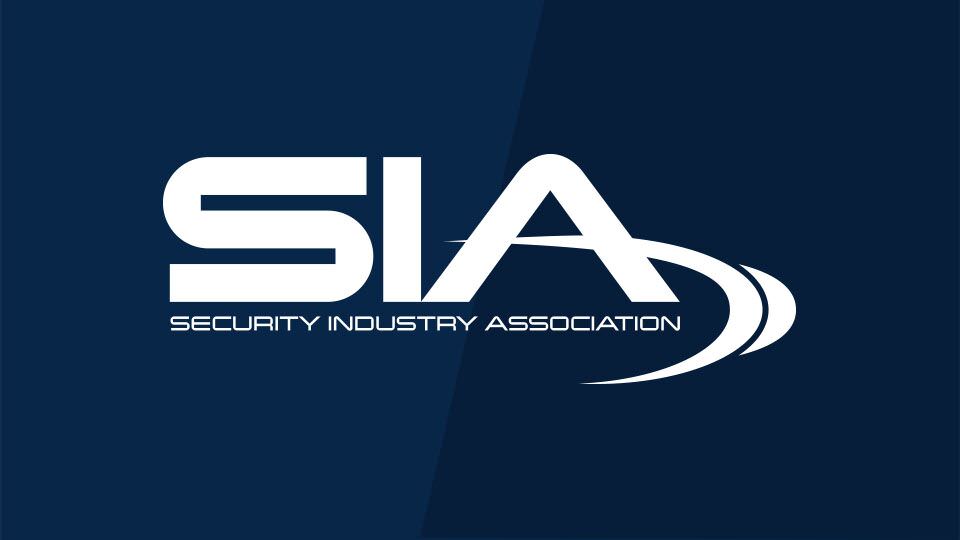How Business Tax Reform Benefits the Security Industry

Last month, Congressional Republicans and senior officials in the Trump Administration released their Unified Tax Reform Framework, and work on tackling a campaign pledge to overhaul the nation’s tax laws began in earnest. More details are expected from the Congressional tax committees as early as this week. Their goal is to enact the most sweeping changes to our nation’s tax code in more than 30 years by the end of 2017, with the U.S. House of Representatives expected to consider a bill before Thanksgiving.
The Framework outlines four key reform objectives: (1) creating a simpler and more equitable tax code; (2) increasing American workers’ after-tax income; (3) increasing the competitiveness of American business; and (4) and encouraging corporations to repatriate offshore earnings.
Much of the political debate so far has focused on the consolidation of individual tax brackets, the fate of certain deductions and treatment of 401(k) retirement accounts. Changes to the business tax code, which generally have greater bipartisan support, have received less attention but could have a greater impact on the economy.
The Framework calls for a reduction in the corporate income tax rate from 35 percent, one of the highest in the world, to 20 percent. While this benefits traditional corporations, more than 95 percent of business tax returns are filed by sole proprietorships, S corporations and partnerships—”pass-though” entities that are taxed under the individual rate structure and earn roughly half of all business income in the United States. To help compensate, the Framework sets a maximum rate for pass-through income. However, distinguishing between individual and business income for these entities could prove to be challenging according to many experts, for reasons summarized well by the Tax Policy Center.
The third major element of business tax reform in the proposal could be the most significant. The Framework calls for an unprecedented level of “expensing,” which allows businesses to deduct capital expenses incurred in that year. Under current law, expensing is limited to certain categories of spending with limits on deductions and further limited by business size. The proposal calls for a dramatic change allowing pass-through entities to deduct nearly all capital expenses for a period of at least five years, to help boost the economy.
Some analysts believe that expanded expensing is the most important business tax reform because it would increase economic growth immediately, favors businesses actively investing and would have a direct jobs impact. In fact, the Heritage Foundation has argued that expensing should be the number one priority in tax reform. Long term, this will increase the nation’s “capital stock,” which is the business infrastructure of facilities and equipment will help sustain our economic engine in the future.
The Security Industry Association (SIA) supports comprehensive tax reform that helps businesses and encourages economic growth. More than 80 percent of our member companies are small- and medium-sized businesses that would benefit directly from full or expanded expensing. Also, it would help spur additional growth and create new jobs in our industry by making building improvements less costly to our customers in the commercial sector. Since 2003, SIA has advocated for federal tax code changes specifically allowing businesses to fully expense the cost of implementing safety and security measures that benefit their customers and employees.
Under current law, businesses must capitalize and depreciate these costs over a 39-year depreciation life of a building, although enterprises must upgrade and maintain security and life-safety systems over a much shorter lifespan. This existing disincentive to invest is particularly troublesome at a time when our industry has seen rapid improvements in technology that have made the systems protecting people and assets more effective than ever.
Earlier this year, SIA endorsed S. 1144, the Investment in New Ventures and Economic Success Today (INVEST) Act, introduced by U.S. Sen. John Thune, R-S.D. S. 1144 would overhaul business expensing by expanding its scope, increasing the dollar limit to $2 million, making “bonus” depreciation permanent, reducing the depreciation schedule for certain products, increasing deductibility of start-up costs available to new businesses and simplifying accounting rules.
Most significantly for the security industry, S. 1144 would specifically allow small- and medium-sized businesses to fully expense security systems, fire protection and alarm systems, roofing improvements, and heating, ventilation and air conditioning (HVAC).
The impact of tax reform on revenue collected in the short term versus the potential for long-term growth has been a subject of great debate. However, lawmakers on both sides of the aisle have voiced concerns over the potential impact on federal budget deficits. Addressing this concern makes striking an effective balance between the extent of rate cuts and increased expensing necessary to achieving the goals of business tax reform, since both are essential.
Expanded expensing will help businesses take full advantage of technology that enhances the safety of their patrons and employees by making it more affordable to modernize and maintain these essential building systems. At a minimum, Congress should include these common-sense provisions in any business tax reform measure sent to the President’s desk.
